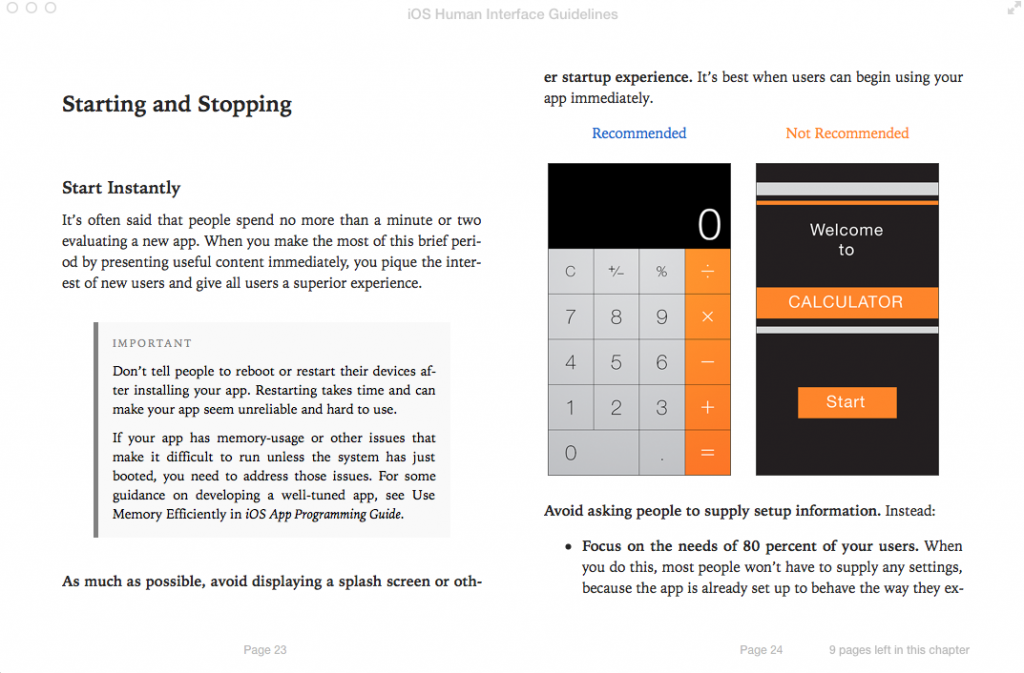I once went to a seminar about emotional intelligence. The first hour or so was rather good: I’ve forgotten it now because the rest was so bad that I walked out, but there was something interesting and appealing about an idea that alongside regular intelligence one can have an emotional one. I think I was expecting it to be an empathy or maybe street smarts.
It was bollocks.
This fella had lots of great ideas but then he did the science trick: stick the word science in there in order to make your concept sound better. He even put some maths up: he put a formula up that proved EQ was better than regular intelligence and when I took it apart and questioned the variables, he didn’t know what they were.
He then proved that emotional intelligence was real by revealing how science could detect people’s hearts from a few feet away. “How?” I asked. “Heat? Electrical current? Sound?” His eyes flicked to the assistants at the back of the room. “Also, the heart is only the seat of emotions in fiction. In reality, the heart is a pump so what precisely is your point here?”
“Next question?” he said, looking around the room.
I shut up. But soon he was being very forceful about how emotional intelligence is so strong that if you have it, you cannot be beaten by anything or anyone. Somebody else in the room asked what happens if such a person meets someone else with emotional intelligence. Apparently it doesn’t matter, you still can’t be defeated. A third person asked what happens if one such person meets two or ten or a hundred such people.
“Anyway, time for coffee,” said the guy.
I make it sound as if the group was against this guy and there were a few of us but that was a day-long workshop and I was the only person who didn’t come back after the break.
And I didn’t mean to go off on this with you, I was just going to point you at a piece by Creativity Post that I thought you might be interested in:
What makes some people more successful in work and life than others? IQ and work ethic are important, but they don’t tell the whole story. Our emotional intelligence — the way we manage emotions, both our own and those of others — can play a critical role in determining our happiness and success.
Plato said that all learning has some emotional basis, and he may be right. The way we interact with and regulate our emotions has repercussions in nearly every aspect of our lives. To put it in colloquial terms, emotional intelligence (EQ) is like “street smarts,” as opposed to “book smarts,” and it’s what accounts for a great deal of one’s ability to navigate life effectively.
How Emotionally Intelligent Are You? Here’s How To Tell – Creativity Post (May 2014)
See? They said ‘street smarts’. I really think this fella had some good material that he torpedoed by being stupid. Which is entertainingly ironic. And nothing to do with the Creativity Post which I do think is worth a read.

